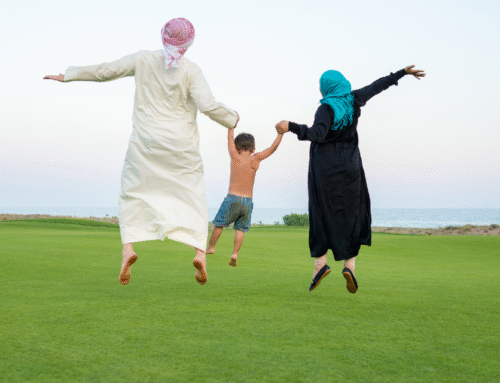A Reflection on the Ancient Belief in a Messiah
Throughout the ages, countless cultures and religions have revered the idea of a savior, a figure who will rise to redeem and rescue humanity from its turmoil. From the Messiah in Jewish and Christian traditions to the awaited Mahdi in Islamic eschatology, these titles speak to a deep, universal yearning for salvation. There are billions today who hold steadfastly to the belief that a savior will one day return, a figure of ultimate goodness destined to heal the world’s wounds, bring justice, and restore peace.
These beliefs aren’t merely idle hopes. For many, the savior’s return is an absolute certainty, backed by sacred texts and traditions passed down through generations. They live their lives preparing, striving to be worthy of that day. In some cases, entire communities are built around this expectation, with a deep dedication to ensuring they are ready for the return of their savior. The conviction is so profound that it shapes not only personal faith but also the social and political landscapes of nations.
But it’s essential to remember that these religious texts, whether they speak of Christ’s second coming or the advent of the Mahdi, are interpretations made by humans. They are reflections of human hopes, fears, and the desire for cosmic justice. At some point, another man or woman picked up a pen, interpreted divine inspiration, and gave form to these beliefs. They were dubbed the “Word of God,” shaping the faith of billions.
However, these interpretations leave room for contemplation. In a world fraught with division, violence, and suffering, what does salvation truly look like? Is it waiting for a single figure to arrive and save us all? Or is there a more profound truth that we often overlook?
The Shared Hope for a Better World
In almost every culture, the idea of a savior symbolizes not just one person, but a larger ideal, the hope for a better world. The belief in a coming savior unites billions in a shared anticipation of peace, justice, and redemption. But what if we shifted the narrative? What if we, instead of waiting for a divine figure to set things right, began to recognize that the power to save humanity lies in our own hands?
Humanity, You Are Your Own Savior
The most significant salvation we may experience won’t come from an external figure; it will come when we collectively awaken to our common humanity. When we look past our differences and understand that we are, in essence, the same, we begin to see the potential within ourselves to effect real change.
This isn’t to diminish the sacredness of religious faith or the power of belief. Faith has the ability to inspire and elevate us. But we must not allow that faith to become a passive waiting game, where we look to the sky for answers while ignoring the suffering right in front of us.
The truth is, humanity holds the key to its own salvation. We have the ability to transform the world, but only if we act with compassion, justice, and a sense of shared responsibility. Every time we choose to act with kindness, stand up for what is right, or protect the vulnerable, we are embodying the qualities of the savior we seek.
Recognizing Our Common Humanity
Humanity will only be saved once we recognize that salvation lies in our collective effort. The belief in a single savior is powerful, but perhaps its greatest purpose is to serve as a metaphor for the savior that exists within each of us. Every one of us has the potential to contribute to a better world, to be the force for good that brings about peace, justice, and equality.
The savior we are waiting for could very well be us, collectively choosing to rise above the divisions that separate us. When we reject hate and violence, when we prioritize love and understanding, we begin to realize that salvation isn’t an external force; it’s something we must build together.
Humanity, you are your own savior. This message may sound radical to some, but it is a call to action. It is a recognition that each of us carries within us the capacity for profound good. While faith in a future messiah or savior can offer comfort, we must also acknowledge that the power to heal our world begins with our own hands.
Moving Forward Together
In the end, the idea of a savior is not so much about waiting for someone else to fix things, but about how we, as individuals and as a collective, rise to the occasion. It’s about the small, everyday acts of kindness that build towards a larger, more just society. It’s about recognizing that we are not powerless in the face of suffering, but rather, we are the ones who must bring light to the world.
Let us not wait for a savior to come and save us. Instead, let us realize that we are our own saviors, capable of creating the world we long for, a world where peace and justice reign, where love and compassion guide our actions.
In this realization, we find not only hope but also purpose. Humanity, you are your own savior. It’s time to live like it.
Verily God does not change the state of a people till they change themselves. When God intends misfortune for a people no one can avert it, and no savior will they have apart from Him. Quran 13-11


